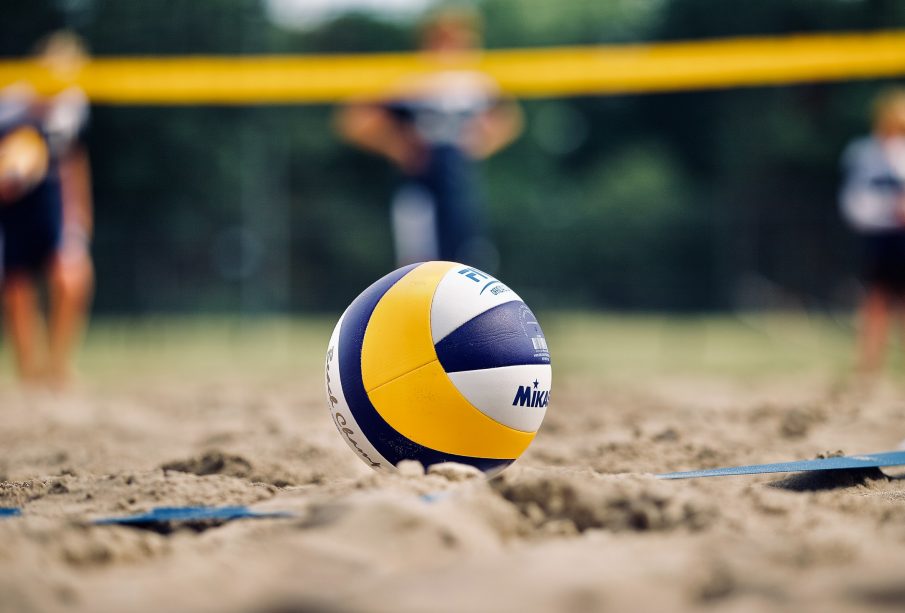Olympic double standards

Men continue to proclaim their right to dictate how women dress with Olympic flavour
The Summer Olympics, originally scheduled for summer of 2020, are finally under way in Tokyo, Japan. While sports fans are surely watching for news of wins, losses, and world records closely, the event has also been on the news for a different reason altogether: the dress code for athletes. Female athletes, to be precise.
The most prominent news item in this regard has been the Norway women’s beach volleyball team. Shortly before the Olympics, this team was fined for wearing athletic shorts instead of the bikini bottoms that are mandated by the official dress code. It should be mentioned that the athletes had been speaking about the discomfort, as well as utilitarian reasons as to why they feel the existing dress code should be revised. On the other end of the spectrum, British athlete Olivia Breen was told that her sprint briefs are “inappropriate”, and Alice Dearing, Britain’s first Black swimmer at the Olympics, was barred from wearing a swimming cap designed specifically for her thick and curly hair as it was not considered to fit material regulations.
In contrast, there have been zero incidents of fines or reprimands for any of the male athletes taking part at the Tokyo Olympics. This of course does not imply that the male athletes are being paragons of conformity – or at least that is not the full story. The fact remains that for most sports, the male athletes are prescribed dress codes that are functional, with care to not provide unfair advantages for the sport in question. In comparison, the dress code for female athletes is more in line with predetermined gender roles, and the need for overt sexualization of these athletes. Looking at beach volleyball, for instance, the Norway men’s team are expected to wear athletic shorts that do not go below the knees. Contrast this with the requirement for bikini bottoms for the female team from the same nation. Clearly even cultural norms are not an adequate explanation.
I am not a big follower of the Olympics, or really any sports for that matter. My interest in the current Olympics is regarding the pushback from female athletes, no longer willing to put up with these unfair expectations, be it in dress code or how they are expected to behave in press conferences. This is even more important given how male athletes face fewer of the same expectations. Famous male athletes are expected to give a lot of interviews; this still does not come close to the way female athletes have their bodies, attire, and speech regulated by the establishment.
Someone I know remarked how it is odd that in many places around the world, women get in trouble for wearing shorts, or showing a shoulder, while in Tokyo right now they are being slapped with fines for not wanting to wear tiny bikini bottoms. I do not find it odd at all. These two seemingly diametrically opposed incidents have one unifying theme – men in power thinking they can tell women what to wear, where to go, and what they are or are not allowed to do or be. Seen in that light, the Olympics committee that fines female athletes for not showing skin has far more in common with tyrannical regimes that fine women for showing skin than we might think at first. Watching female athletes push back and be prepared to pay a fine if needed to establish their autonomy gives me the same pleasure that watching everyday people stand up to a dictatorial regime would. I hope by the next Olympics we can do better than slap on a dress code that is nothing but a flimsy pretext to fetishize female athletes.








